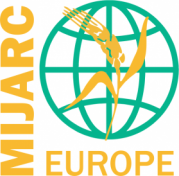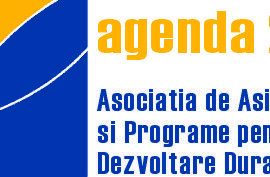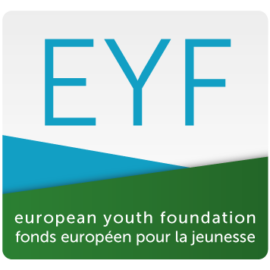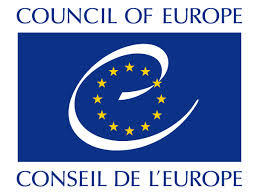Our member organization from Romania, Assistance and Programmes for Sustainable Development – Agenda 21 (APSD-Agenda 21) managed to bring to their round table 18 participants representing 15 public institutions and local authorities from all over the country: Bucharest School Inspectorate, Giurgiu County School Inspectorate, National Agency for People with Disabilities, Bucharest 4th district City Hall, National Authority for the Protection of Child Rights and Adoption, Prefecture Institution Giurgiu, Cornu City Hall, National Agency of Civil Servants, General Directorate for Social Assistance and Child Protection 6th district Bucharest, General Directorate for Social Assistance and Child Protection 1st district Bucharest, County Council Prahova , Ploiesti City Hall, Calvini Region City Hall, Ramnicu Sarat City Hall, Teachers Training House Buzau. It was an impressively diverse group of civil servants, local elected decision-makers, teachers, schools inspector, social workers and young people. The young participants who had attended the seminar used a Power Point presentation to present the Position Paper and started a moderated discussion on the points raise.
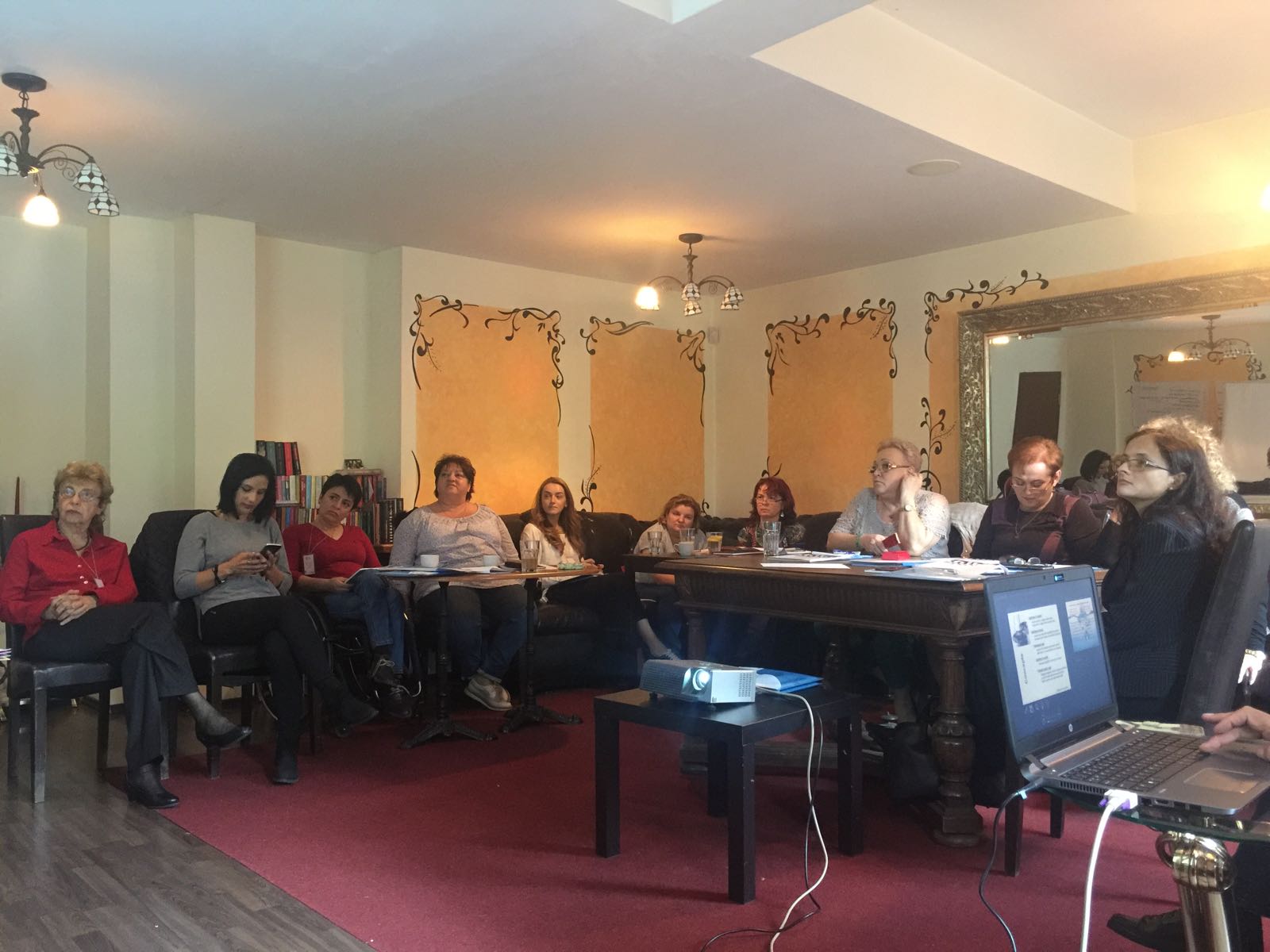 One of the main conclusions of the meeting was the importance of education, in formal and non-formal contexts, for both victims and authors of extremist acts. The representatives of the school inspectorates who were present at the meetings suggested that the topic could be approached by the Master teachers during the counselling classes. Another conclusion was that it would be very important if there were funds dedicated to organizing proper information/awareness-raising sessions or workshops/seminars with students of all ages.
One of the main conclusions of the meeting was the importance of education, in formal and non-formal contexts, for both victims and authors of extremist acts. The representatives of the school inspectorates who were present at the meetings suggested that the topic could be approached by the Master teachers during the counselling classes. Another conclusion was that it would be very important if there were funds dedicated to organizing proper information/awareness-raising sessions or workshops/seminars with students of all ages.
The representatives of public institutions underlined that in public administration there were a series of documents and codes that comprise the principles of the Position Paper, but nevertheless these codes are not always respected by the letter. So, it would be good to find push-factors that could help in creating a non-discrimination and hate free environment at the level of civil servants.
All participants agreed that social media is a very powerful influencing factor that can easily shape opinions and behaviours, especially of young people. Young people need to learn how to critically analyze a text/post and how to recognize hate speech and discrimination.
The round tables are the third and final phase of our work plan “Radically against extremism”. The work plan is supported by the European Youth Foundation of the Council of Europe, a unique foundation supporting activities developed with, for and by young people.
